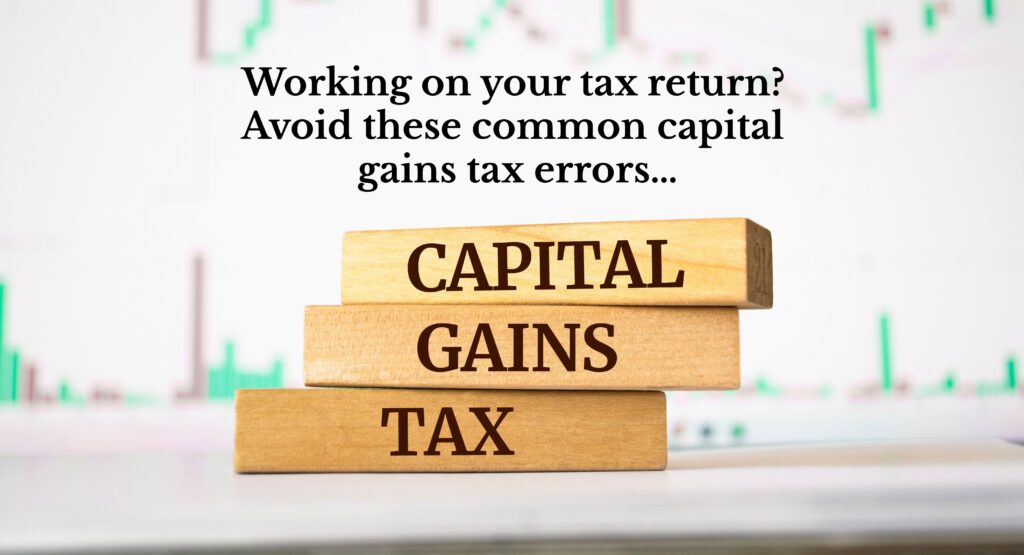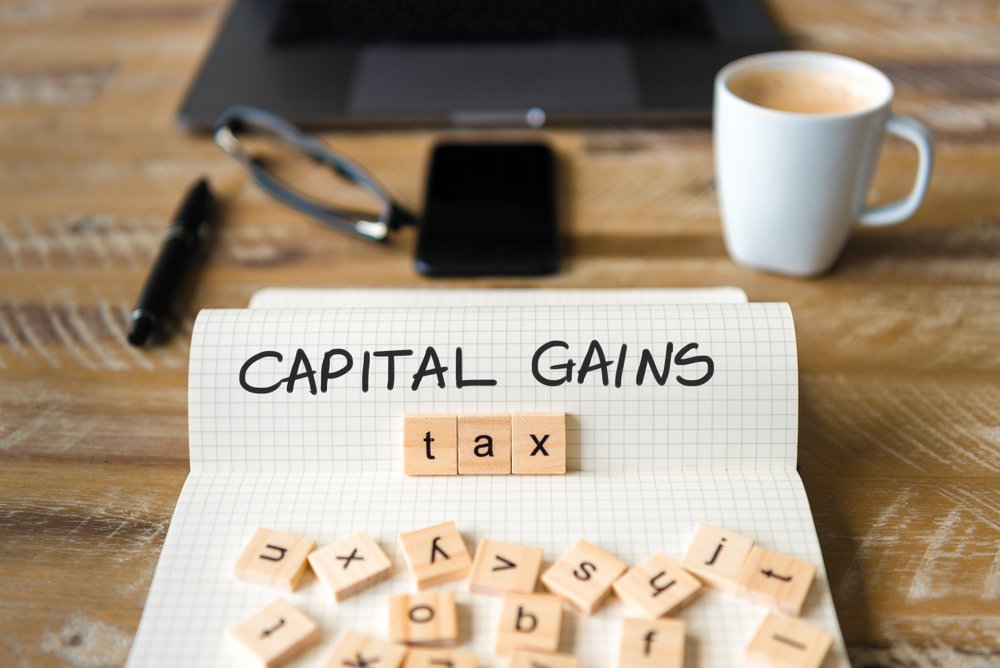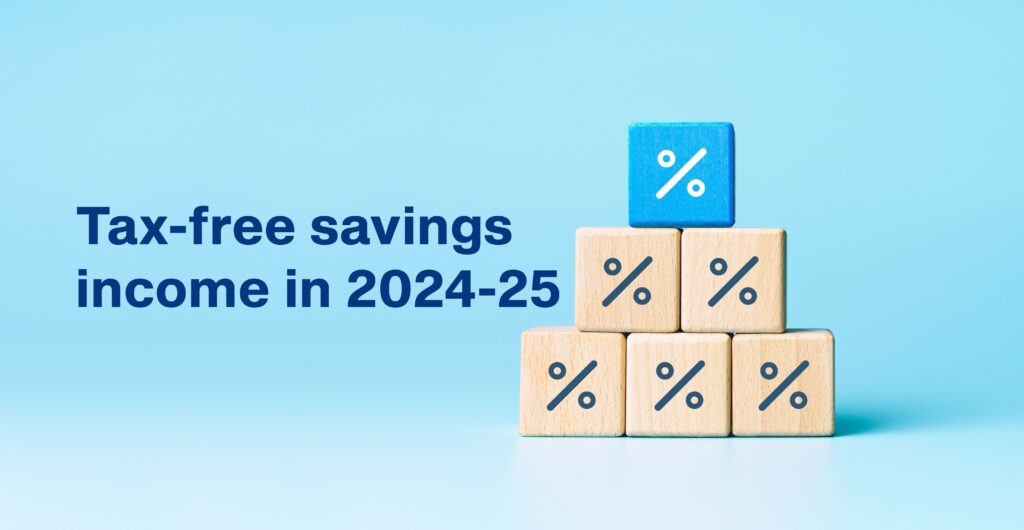
How to avoid three common capital gains tax errors
|
|
Every year, lots of simple errors are made in tax returns in relation to capital gains tax. These can result in taxpayers paying additional tax, interest and penalties. Here, we’ll show you how to avoid three of the most common mistakes.
#1: Use the correct annual exempt amount
When you’re calculating how much capital gains tax you need to pay, make sure you use the annual exempt amount for the correct tax year.
👉 This exempt amount is the capital gains tax equivalent of the personal allowance – it’s the amount of gains you’re allowed tax-free in a tax year. Spouses and civil partners each have their own annual exempt amount.
👉 The annual exempt amount is applied to net gains (gains for the year less losses for the year) and before using losses brought forward from earlier years.
👉 The annual exempt amount is £3,000 for 2024-25 (reduced from £6,000 for 2023-24). It’s lost if it’s not used in the tax year to which it relates. (If you’re reading this in a later tax year, check the HMRC website for updates.)
#2: Report gains on UK residential property sales by the earlier deadline
Earlier payment and reporting deadlines apply to gains made on the sale of UK residential property.
👉 UK residents who make a chargeable gain on the disposal of a UK residential property must report the gain to HMRC within 60 days of completion and pay the capital gains due on the gain within the same timeframe.
👉 If no capital gains tax is due, for example, if the property being sold has been your only or main residence throughout your period of ownership, the reporting requirements don’t apply.
👉 If you also made other gains or losses in the year, the capital gains tax for the year is finalised in your self-assessment tax return.
#3: Check your business asset disposal relief
Business asset disposal relief (formerly called ‘entrepreneurs’ relief’) is subject to a lifetime limit of £1 million. The limit includes amounts of entrepreneurs’ relief – the clock didn’t restart with the name change!
Taxpayers have also mistaken the limit for an annual limit.
📢❕ The information in this blog post was correct at the time of writing. Please check with your accountant for the latest information or, if you don’t have an accountant, join the Financial Resilience Hub to get access to one of ours! Alternatively, keep an eye on HMRC’s website for updates.
ABOUT THE AUTHOR

Helen Monaghan is a Chartered Management Accountant, accredited NLP Practitioner & Finance Coach. Both a psychology graduate and an accountancy graduate, she has authored three business books, which beautifully bring together psychology, finance, and tax to empower the reader about money. Helen is the CEO of HM Finance Coaching & Advisory Ltd, a company that provides financial education and business mindset coaching to small businesses across the UK, in addition to accountancy services for limited companies in Scotland and across the UK. Helen is also the founder of The Financial Resilience Hub – find out how we can support you, and your business, to be financially resilient through our monthly membership.
© Helen Monaghan







Responses